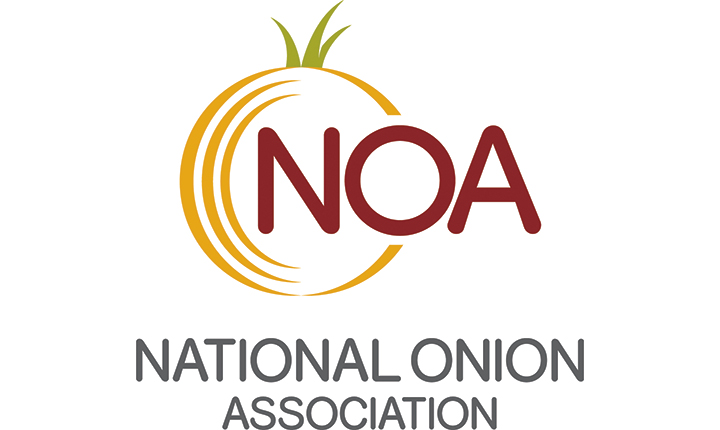|
Click to listen to this article
|
By René Hardwick, National Onion Association Director of Public and Industry Relations
If you haven’t been paying close attention to what’s going on in Congress, or perhaps you’re focused more on the presidential arena or your local issues, you may want to take another look.
Democrats in late November introduced a bill in the Senate that if passed will clearly rock the world and make food production a thing of the past.
The regulations and continued new rules that make it difficult for America’s farmers to operate will continue. But this particular bill, introduced Nov. 30 and assigned to the Committee on Agriculture, Nutrition, and Forestry, is seeking to wipe out all pesticide use, claiming that pesticides harm America’s children, and they are pawns in the Environmental Protection Agency’s apparent plot to ignore and break the rules when it comes to pesticide registration and management.
Grandstanding? Yes. Likely to pass? No. But if we continue to watch our policymakers introduce and attempt to debate topics like these without so much as a phone call from those of us who could educate them, today’s grandstanding could be tomorrow’s reality.
This bill, S. 3283, also known as Protect America’s Children from Toxic Pesticides Act, is sponsored by Sen. Cory Booker (D-NJ) and has the backing of the likes of Sens. Elizabeth Warren (D-Mass.), Bernie Sanders (I-Vt.), Kirsten Gillibrand (D-NY), Alex Padilla (D-Calif.) and Edward Markey (D-Mass.).
We say it’s time to pick up the phone and advocate for all American farmers. This bill isn’t about protecting America’s children; it’s about grandstanding and making an issue out of one of the most vital implements farmers use all over the world.
According to PesticideFacts.org, “Between 26 (percent) and 40 percent of the world’s potential crop production is lost annually because of weeds, pests and diseases. Without crop protection, these losses could easily double.”
We’re preaching to the choir, we know. We are all well aware that pesticide use is vital, and that when used correctly and safely, pesticides do exactly what they say they’re going to do. But there is an increasing number of people in Washington D.C. who have no idea about food production reality; they get into roles for which they have absolutely no business doing. When major committees that help form policy have no actual farm experience, of course we’ll end up with bills like S. 3283.
We all know the reality of the American farmer. It’s time to start educating America. Invite reporters to the farm, reach out to news crews, and let them film what we do to keep food safe and feed America. And though we are all comfortable in our own corner of the world doing our own thing, we need to get and stay involved.
A lot of us complain about politics in Washington D.C., but we could do more. At the National Onion Association (NOA), we’re working to fight ill-informed legislation constantly. We go to Washington D.C. and advocate to do the right thing. Wouldn’t it be amazing if America’s farmers, or at least the onion industry, collectively stood behind this effort to combat ridiculous and ill-informed measures?
When we look at the text of this bill, we feel like it will go down pretty heartily, but there are no guarantees in Washington D.C.
“The NOA is having a Fly-In Feb. 20-23 to discuss many important issues with our policymakers,” said Greg Yielding, executive vice president of the NOA. “If you cannot attend, you can still make a difference by contacting your legislators.”
We invite you to give feedback on this bill by contacting your member of Congress. If you do not know who this is, NOA members at least can look in the membership directory. The district number in their listing will correspond to your legislator under the legislative tab. Or, just go to www.house.gov and type in your residential zip code to find your House member. On the Senate side, go to www.senate.gov. Press the Senators tab, and you can punch in your state through the drop-down menus.
Or, simply visit www.congress.gov and search S. 3283 to read the text of the bill and watch its progress through the process. So far, there has been no actual debate on the bill.

